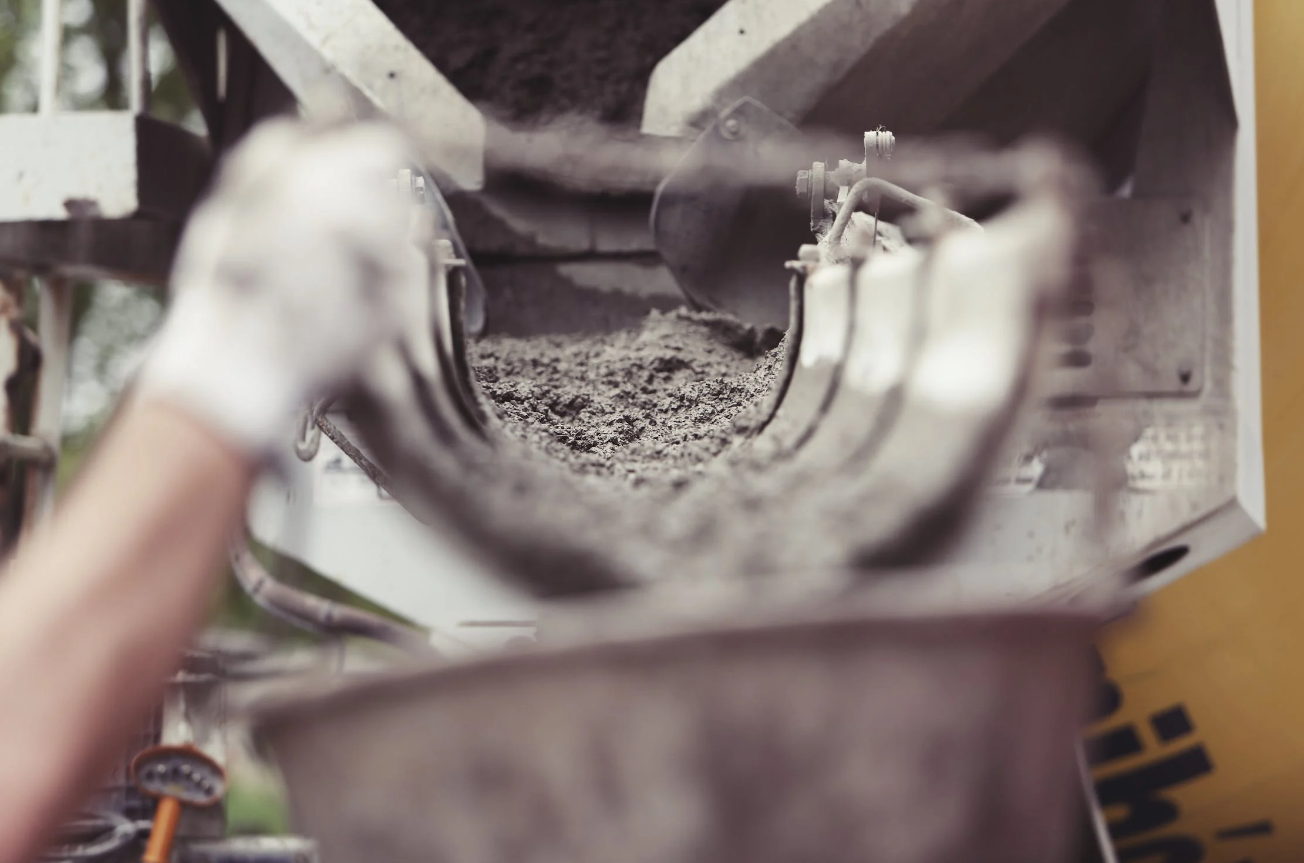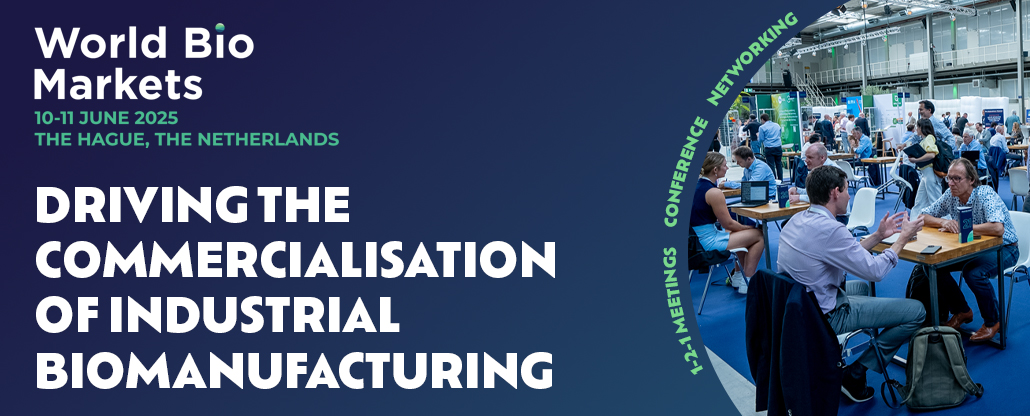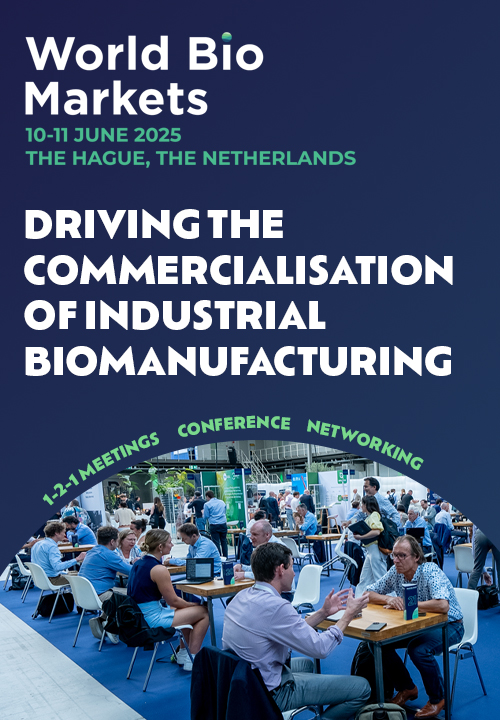Cement decarbonization pioneer Fortera has joined the Alliance for Low Carbon Cement and Concrete (ALCCC), alongside international NGO ECOS and ten other inaugural alliance members to make low carbon cement the norm.
The ALCCC was created to support the decarbonization of the cement and concrete sectors. Its members represent mature materials designers and producers, and start-ups working in biotechnology, carbon capture, materials technology, and sustainable construction.
The ALCCC today released a new study entitled “Fast Tracking Cement Decarbonization” which models different carbon emissions mitigation scenarios using available solutions, in which enabling standards, policies, and financing instruments reduces CO2 emissions by half.
Today in Brussels, Fortera CEO Ryan Gilliam and Director Europe Thierry Legrand are convening with alliance members along with standards experts, policymakers, builders, and entrepreneurs to discuss measures to accelerate decarbonization of cement in the European Union including new policies, standards, and funding.
“Climate action is a global priority, and collaboration is essential to advancing emissions-reducing technologies and policies,” said Thierry Legrand, Director Europe for Fortera. “This alliance represents collective action by scientists, engineers, entrepreneurs, and environmental advocates, to reduce CO2 emissions from cement production.”
Fortera’s field-tested approach reduces CO2 emissions from cement production by at least 60%, using existing feedstocks, energy sources, and manufacturing infrastructure. Fortera is an additive solution to existing cement production and is actively working with leaders in the industry to fulfill their goals of net-zero CO2 emissions.
At the end of 2021, the materials technology company launched in Europe. Since then, Fortera has earned recognition from global industry experts. In 2022, it was selected as one of the most promising low-carbon cement technologies by the Global Cement and Concrete Association






